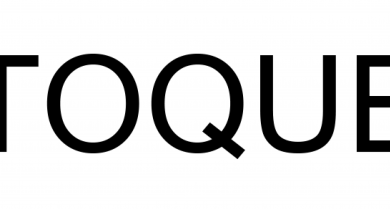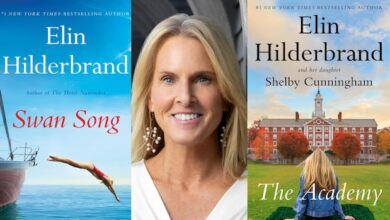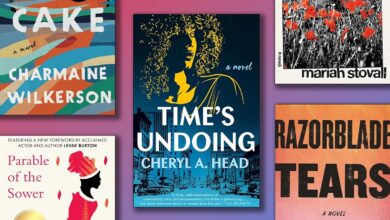The five books that changed my life
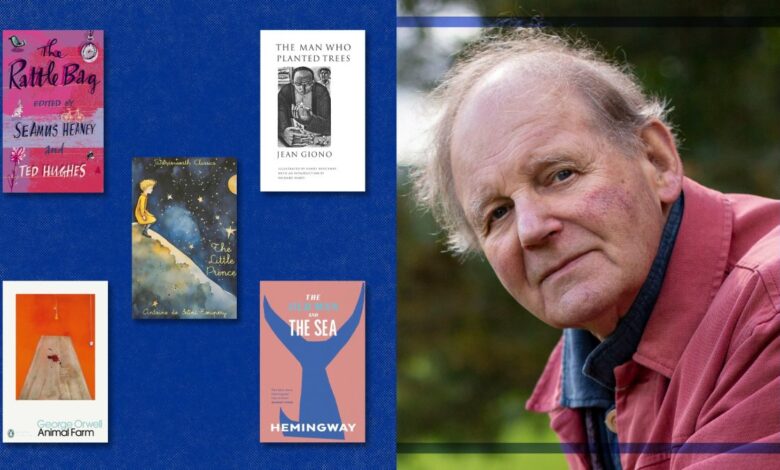
One of the few authors who has garnered national treasure status, Morpurgo recommends his all-time favourite books
Few writers have had as profound an impact on young readers as Michael Morpurgo. With more than 150 books to his name, the former Children’s Laureate has a remarkable ability to craft stories that feel both timeless and deeply relevant.
Whether it’s War Horse, Private Peaceful, or Kensuke’s Kingdom, his books are filled with adventure, empathy, and a deep respect for history and nature. His writing has brought the past to life for young readers, while never underestimating their ability to grapple with complex emotions and moral dilemmas.
Yet as much as Morpurgo is primarily a writer for children, he is also a writer for grown-up children – those of us who still return to the books that first sparked our imaginations.
It’s no surprise then that the five books he has chosen here all share that same quality: stories that can be read and loved at any age. As he returns with his first adult nonfiction book in 40 years – Spring, which is an ode to the season as told from the Devon farm where he lives – Morpurgo shares the five books that changed his life…
‘The Man Who Planted Trees’ by Jean Giono
“This is a small but profound book; a parable about patience, devotion, and the power of one person to make a difference. It tells the story of a shepherd who dedicates his life to planting trees in a barren, desolate landscape. Over decades, his work transforms the land, bringing back life, water, and communities. It’s a story of quiet determination and hope, reminding us how much change can come from one individual’s efforts.
“I love its simplicity, its deep ecological message, and its enduring relevance in today’s world. There’s a wonderful short film adaptation – entirely hand-drawn –which captures its magic. This book resonates with me because, living on a farm, I see firsthand how the land responds to care, and I believe stories like this help us to reconnect with our responsibility toward nature.”
Vintage Classics, £7.99
‘The Rattle Bag’, edited by Ted Hughes and Seamus Heaney
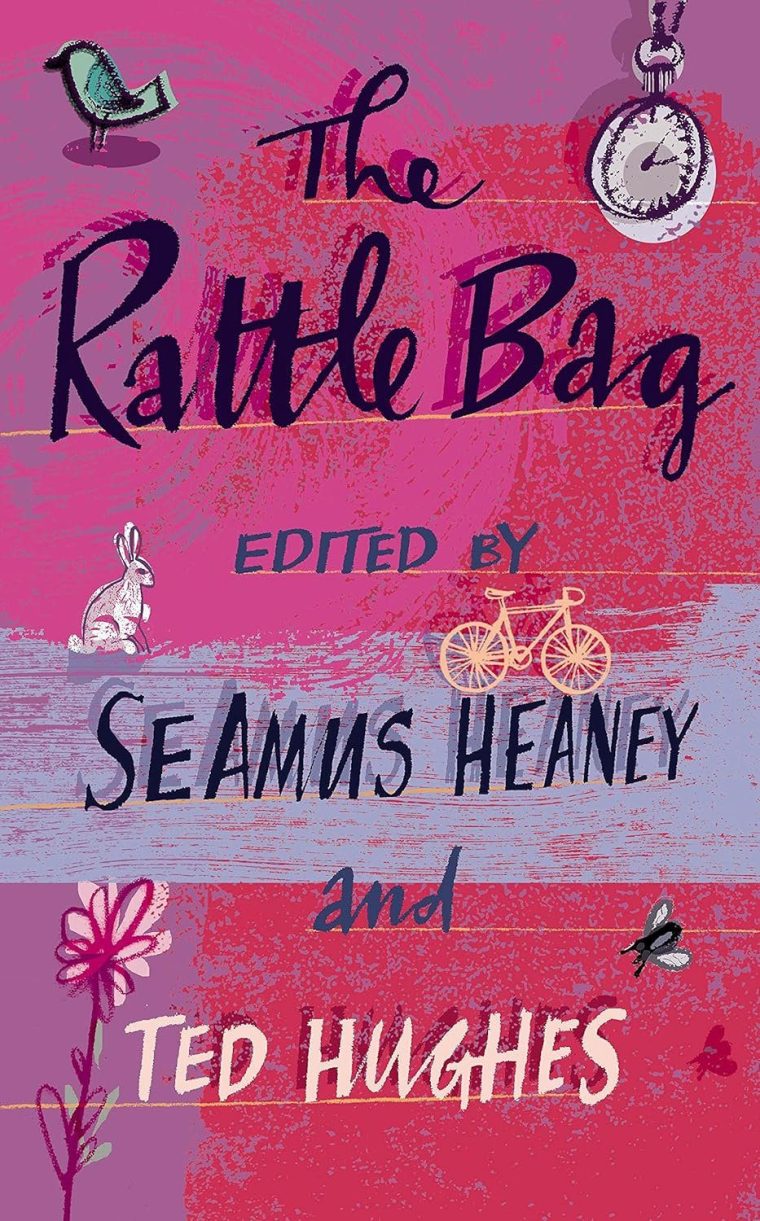
“If I could only have one book for the rest of my life, it might be The Rattle Bag, a collection selected by two of the greatest poets of our time, Ted Hughes and Seamus Heaney. What makes it special is its range: poems from every culture, every era, every style. You can open it at random and find something new, something astonishing.
“As a teacher, I often read poetry to my students, and this book was my go-to. Poetry has a unique power – it inspires, challenges, and empowers young people to find their own voices. There’s something wonderful about a book you never really finish, one you keep coming back to. I even keep my copy in the bathroom, because it’s the kind of book you want to dip into every day. Hughes once joked that it could be used as a doorstop – but I’d rather use it to open doors into poetry.”
Faber, £18.99
‘The Old Man and the Sea’ by Ernest Hemingway
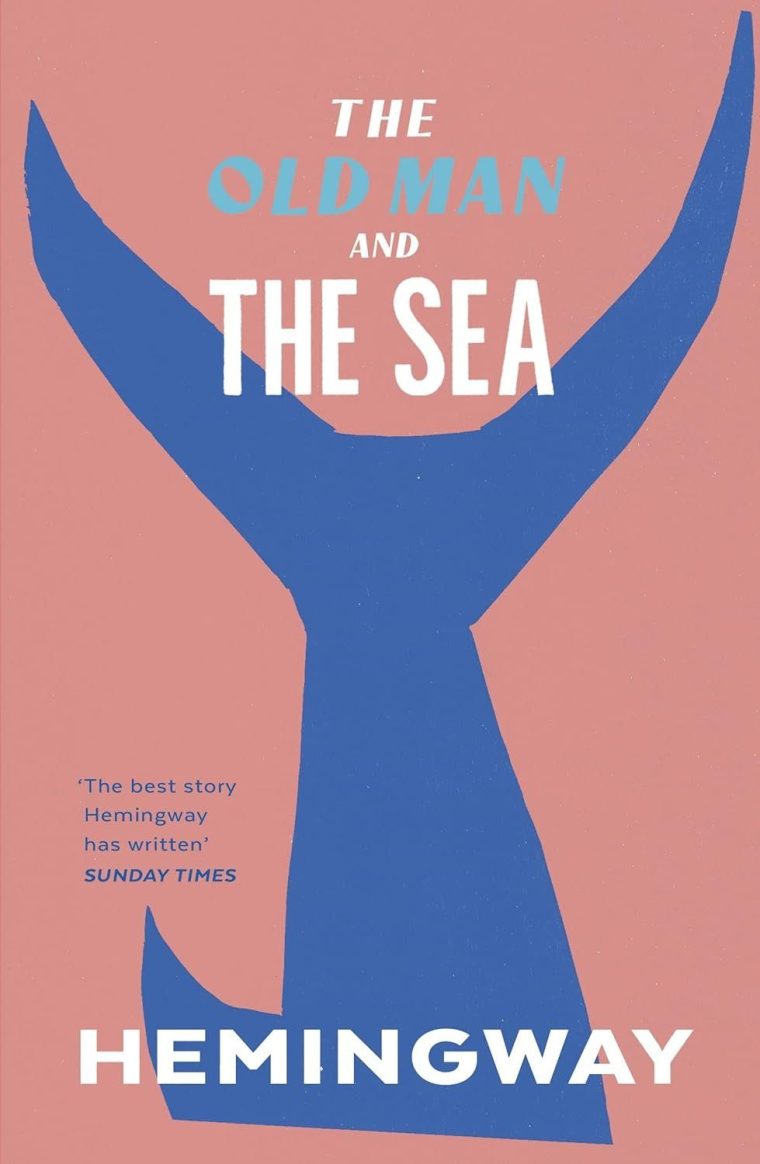
“Hemingway’s masterpiece is one of the first serious books I remember reading. It’s a deceptively simple story of an old fisherman battling a magnificent fish, but beneath that, it’s about pride, perseverance, and the relationship between man and nature. I find its themes deeply moving – this tension between admiration for the natural world and the necessity of survival. The old man respects the fish, sees its beauty and power, and yet he must catch it. It mirrors the paradox of farming: raising animals with love and care while knowing their fate.
“It’s a story of resilience and quiet dignity, written in Hemingway’s signature spare, poetic style. I’ve read it many times and still find new meaning in its pages. It’s also a perfect book to introduce young readers to serious literature – it’s short, direct, and full of emotional depth.”
Vintage Classics, £8.99
‘Animal Farm’ by George Orwell
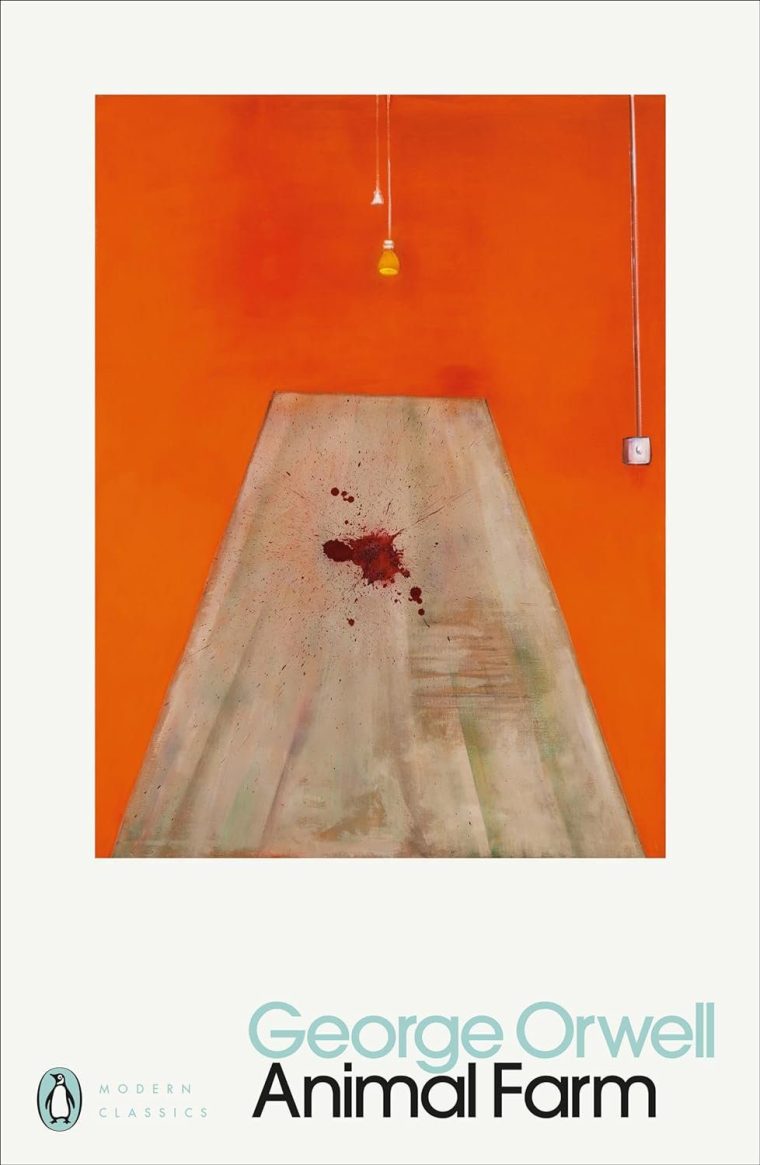
Penguin Modern Classics
“Animal Farm is the kind of book that changes as you grow. When you first read it, it’s a gripping story of talking animals and rebellion. But as you get older, you realise it’s about far more than a farm – it’s about power, control, and the corruption of ideals. While teaching, I used this book to help students understand the world – how easily people (or animals) can be manipulated, and how revolutions don’t always bring freedom.
“Orwell’s writing is precise and poetic. It’s a short book, but it lingers in your mind, and no matter how many times I read it, I’m struck by its brilliance and its terrible, tragic inevitability. Orwell made many enemies with this book simply by telling the truth, but that’s the job of a great writer. I think we need voices like his now more than ever.”
Penguin Classics, £7.99
‘The Little Prince’ by Antoine de Saint-Exupéry
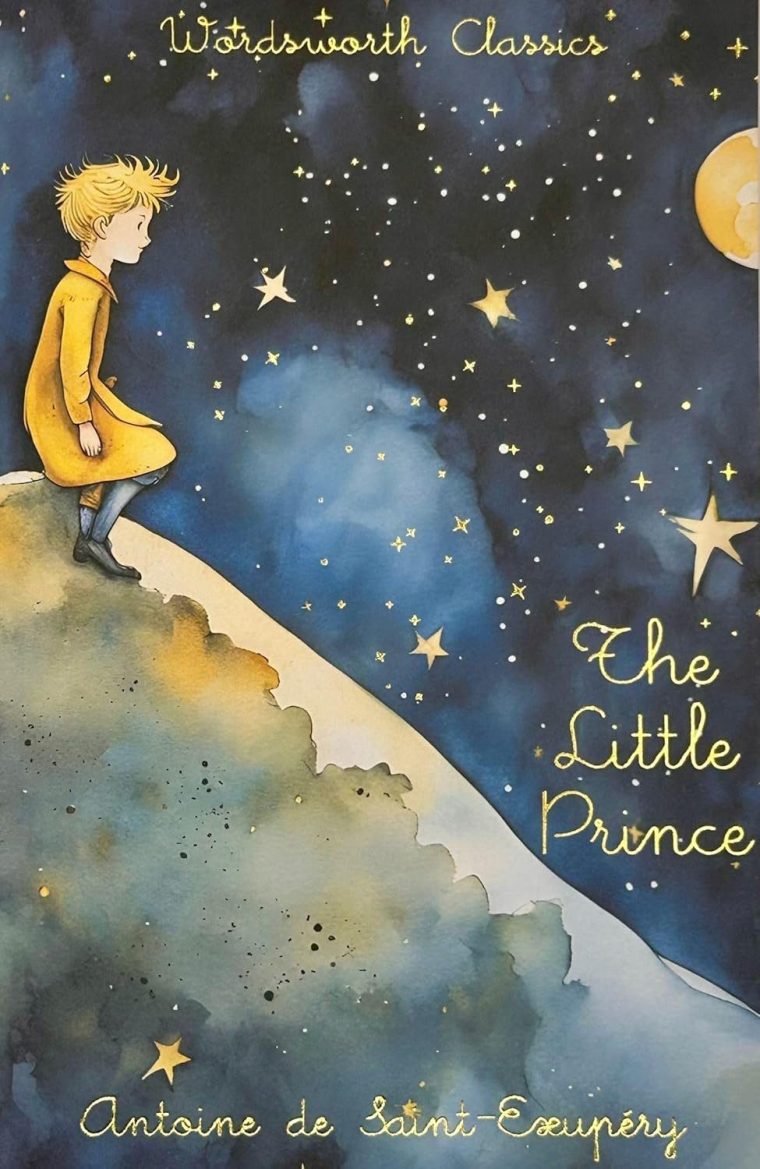
“This is a children’s book like no other – philosophical, poetic, utterly enchanting. It’s about a young prince who visits different planets, meeting strange grown-ups who have lost their way. But at its heart, it’s about love, loss, and seeing the world with a child’s clarity. Originally written in French, I was once lucky enough to translate it, which meant I got to know it inside out. I tried to capture its spirit, because some translations miss its poetry.
“The French adore this book – it’s possibly the most beloved book in France – but it’s not as widely read in England. Perhaps it’s because it’s so distinctly French: full of riddles, philosophy, and that curious blend of simplicity and depth. The Little Prince asks the kind of difficult, wonderful questions that children ask, the ones that make you stop and think. If ever a book deserved to be called timeless, it’s this one.”
Farshore Books, £12.99
Spring by Michael Morpurgo is published by Hodder Press, £16.99, and is out now

